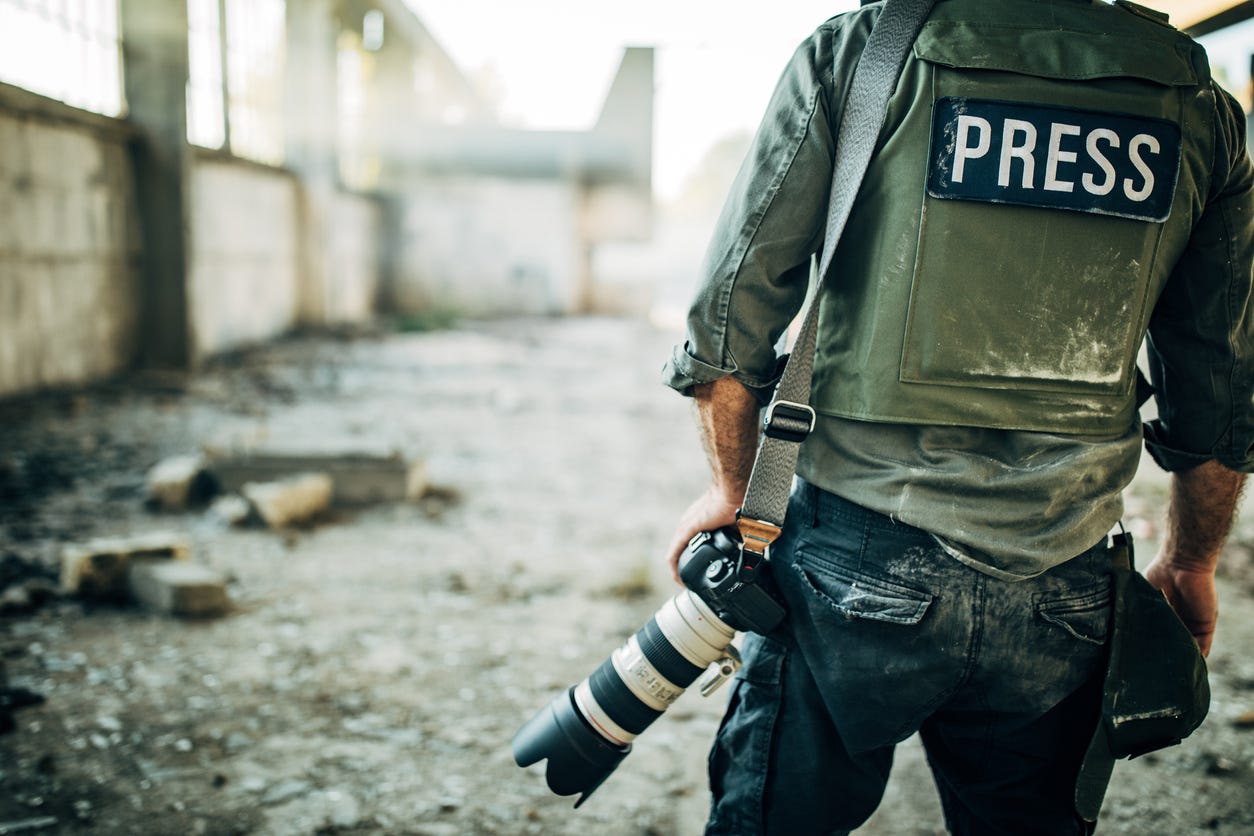Back in October 2021, I wrote that WWIII had already begun, but the public had not recognized it. People strangely assumed that WWIII would have to look and feel like WWII. They could not make allowances for the fact that technology had evolved and the domains of warfare have changed. As the Pentagon said last week, space is now the most important warfighting domain, and “space-based missions are essential to the U.S. way of war.” The war in Ukraine and the attacks from and in Gaza are only possible because of satellites. But, the media needs visuals and a storyline to explain conflict. Ukraine and Gaza are easy for the media because they fulfill the old requirements. There are dead humans, and there are shocking photo ops. The old rule still applies, “if it bleeds, it leads.” These events reinforced the idea of what a war looks like. It provided clear symbols of war, including tanks, troops, and bombings. Both are also land wars, which makes them easy to report on. You can send a journalist there. However, the actual war we are in is vastly larger and more serious, but it is in places the public can’t see and where there are no journalists – space, above and below the open oceans, in the realm of technology and cyberwar. The actual war between the superpowers and their proxies has been, until now, invisible. It has had no overarching framework in the media that a regular person can comprehend. So, the sudden warnings from a range of senior NATO Commanders that the public must be ready for war matter because the gap between the invisible war, and the visible war is finally closing. Spectators can start to see the invisible war now.
On January 17th, the Chair of the NATO Military Committee, Robert Peter Bauer, who was formerly the Dutch Chief of Defence (Commandant der Strijdkrachten), gave a speech to the Military Committee of the NATO Chiefs of Defence, describing our times as "the most dangerous world in decades,” and urged citizens to prepare basic supplies in case of direct conflict. He said Ukraine has shown us that "it is the whole of society that will get involved, whether we like it or not," and we live in "an era in which anything can happen at any time, an era in which we must expect the unexpected." He said, "You need to have water, you need to have a radio on batteries, and you need to have a flashlight on batteries to make sure that you can survive the first 36 hours.” “Not everything is going to be hunky-dory in the next 20 years."
At about the same time, General Sir Patrick Sanders, the UK Army Chief said, “"Taking preparatory steps to enable placing our societies on a war footing when needed are now not merely desirable but essential. "Our friends in eastern and northern Europe, who feel the proximity of the Russian threat more acutely, are already acting prudently, laying the foundations for national mobilization." He pointed out that "Ukraine brutally illustrates that regular armies start wars; citizen armies win them." Number 10 tried to throw water on his comments to calm the public, but other NATO leaders continued with similar warnings.
Similarly, the German Defence Minister, Boris Pistorius, said, “[Putin's] threats against the Baltic states, Georgia, and Moldova must be taken very seriously. This is not just saber-rattling. We could be facing dangers by the end of this decade." The Belgian Chief of Defence, Admiral Michel Hofman, echoed this saying, "We see that Russia has switched to a war economy” and “it is possible that they might open a





